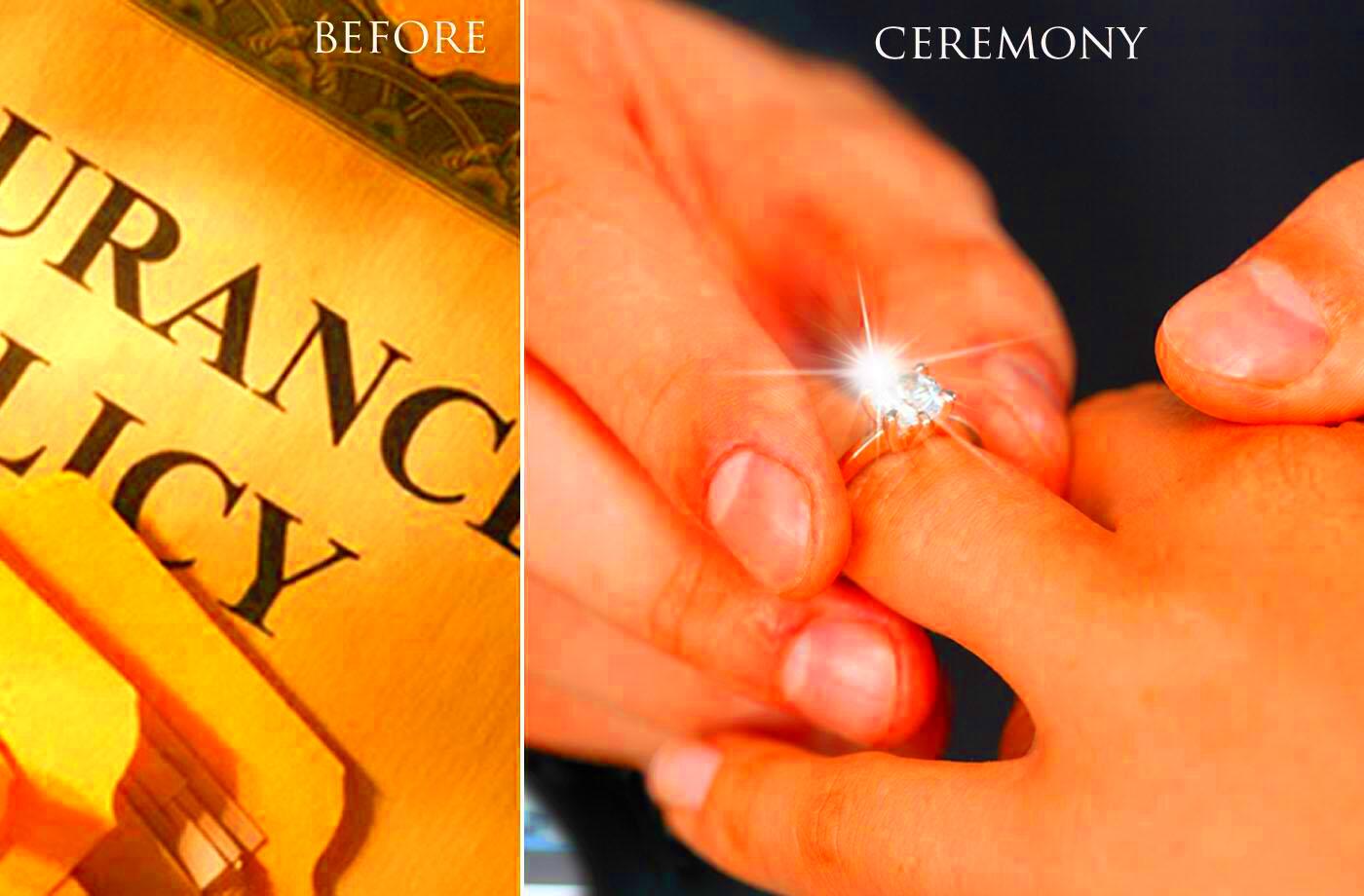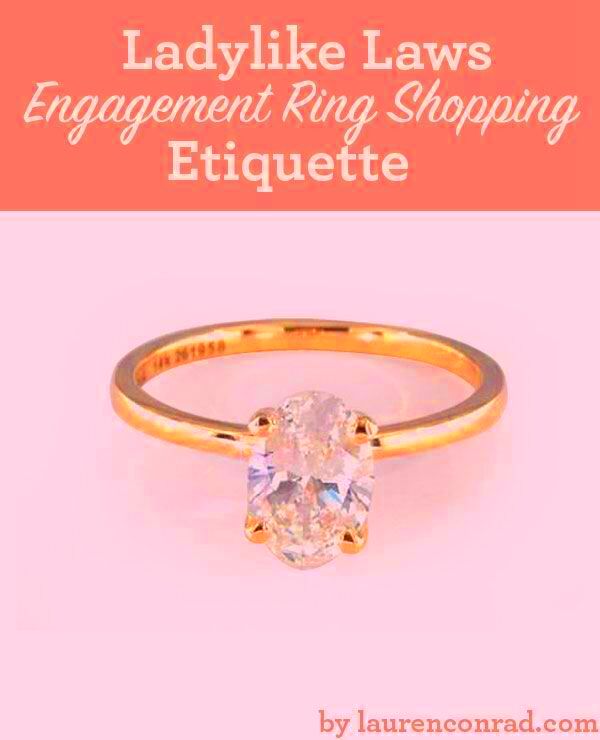What to Know About California Law Regarding Engagement Rings
When it comes to engagement rings in California, legal ownership can become complicated, especially if the engagement is called off. Many people assume that an engagement ring is simply a gift, but the law treats it differently. The specific circumstances surrounding the engagement and breakup will impact who legally owns the ring. Understanding California’s laws on engagement rings can help you navigate this situation if things don’t go as planned.
Is an Engagement Ring a Gift Under California Law?

In California, engagement rings are not automatically considered gifts. While many gifts are unconditional, an engagement ring is viewed differently. Under state law, engagement rings are typically considered “conditional gifts.” This means that the person giving the ring does so with the expectation that the couple will get married. If the marriage doesn’t happen, the person who gave the ring usually has the right to get it back.
However, things can get complicated depending on who broke off the engagement. If the person who gave the ring calls off the wedding, they may lose the right to demand its return. On the other hand, if the recipient breaks the engagement, the giver typically has a legal claim to the ring.
Courts generally focus on the intention behind the gift. If it was clearly given as a symbol of the future marriage, it’s treated as conditional.
Conditions for Returning an Engagement Ring
The conditions for returning an engagement ring depend on several factors in California. The biggest one is who ended the engagement. Courts may consider the following:
- Who broke the engagement: If the giver ends the engagement, the recipient may have the right to keep the ring. But if the recipient calls it off, they might need to return it.
- The nature of the ring as a conditional gift: Since the ring is given with the expectation of marriage, failure to marry can void the gift.
- Fault in the breakup: Fault can play a role in determining who should keep the ring, though this varies based on case specifics.
Overall, the law is structured to ensure fairness and proper resolution in such disputes.
How Fault Impacts Ring Ownership
In some states, fault plays a significant role in determining who gets to keep an engagement ring, but California handles this differently. The state generally follows a “no-fault” approach, which means that the reason for the breakup might not matter as much in deciding ring ownership. However, there are exceptions where fault can influence the outcome.
For instance, if one party is clearly responsible for the engagement ending due to wrongful behavior, courts may consider this when deciding whether the ring should be returned. While the law leans towards treating the ring as a conditional gift tied to marriage, fault can come into play in unique circumstances. It’s essential to understand that each case can be different depending on how the breakup unfolded.
Ultimately, though fault isn’t always a primary factor, it can still impact certain cases where fairness needs to be considered.
Who Keeps the Engagement Ring in the Case of a Broken Engagement?
In California, the question of who keeps the engagement ring after a broken engagement hinges on whether the marriage takes place. Since the state views an engagement ring as a conditional gift, it is typically expected that the ring be returned if the marriage doesn’t happen. But who calls off the engagement can play a crucial role.
- If the recipient breaks the engagement: In most cases, the person who received the ring must return it, as they are viewed as having broken the condition (the marriage).
- If the giver breaks the engagement: If the person who gave the ring decides to end the engagement, they may forfeit their right to demand the ring back.
In summary, the rule of thumb is that the ring should go back to the giver if the wedding doesn’t take place, but there are nuances depending on who made the final decision to call off the engagement.
California Court Decisions on Engagement Ring Disputes
California courts have handled many disputes regarding engagement rings, and their rulings provide guidance on how these situations are usually resolved. One key ruling is that the engagement ring is treated as a conditional gift, which can only be completed by marriage. If the marriage doesn’t happen, the giver can typically ask for the ring’s return.
However, court decisions often take into account the circumstances of the breakup:
- Fault-based situations: If one party is clearly at fault, such as cheating or misconduct, the court may favor the other party in the dispute.
- No-fault approach: In cases where there is no clear fault, the ring usually goes back to the person who purchased it.
California courts prioritize fairness and attempt to resolve these disputes in a way that reflects the original intent behind the engagement ring exchange. It’s always helpful to look at previous rulings if you’re facing a similar situation, as they can give a clearer picture of what to expect in court.
Legal Rights After Marriage Regarding the Ring
Once a couple marries, the legal status of an engagement ring changes significantly. In California, after marriage, the engagement ring is no longer considered a conditional gift. Instead, it becomes the property of the recipient, with no strings attached. This means that the person who received the ring during the engagement legally owns it after the wedding, and the giver cannot demand its return if the marriage ends.
However, if a couple divorces, the engagement ring is usually not treated as part of the assets to be divided. The reason for this is that California law sees the ring as a gift made before the marriage, and therefore, it typically remains the separate property of the recipient.
That said, other jewelry exchanged during the marriage may be considered communal property, depending on how it was acquired and who paid for it.
Can You Legally Sell the Ring After a Breakup?
After a breakup, the legal rights to sell an engagement ring depend on who legally owns it. In California, if the person who received the ring decides to call off the wedding, they are expected to return the ring to the giver. The recipient would not have the legal right to sell the ring if the engagement didn’t lead to marriage.
However, if the giver was the one to call off the engagement and does not ask for the ring back, the recipient may choose to sell it. Once the ownership of the ring is clear, the legal owner can do whatever they wish with it, including selling it.
If the marriage did happen, the recipient has full legal ownership of the ring and is free to sell it without any legal repercussions. But before selling, it’s important to consider any emotional or sentimental value tied to the ring, as once it’s gone, it’s hard to get back.
Frequently Asked Questions About Engagement Ring Laws in California
1. Who owns the engagement ring if the engagement is called off?
In California, the ring is usually returned to the person who gave it if the engagement doesn’t lead to marriage. The ring is considered a conditional gift.
2. Does it matter who ends the engagement?
Yes, the person who breaks off the engagement plays a key role. If the recipient calls it off, they generally have to return the ring. If the giver calls it off, they may forfeit their right to the ring.
3. What happens to the engagement ring after marriage?
Once a couple marries, the ring becomes the property of the recipient and is not subject to division during divorce.
4. Can I sell the ring if we break up?
Only if you are the legal owner of the ring, which depends on the circumstances surrounding the breakup. After marriage, the recipient can sell the ring legally.
Conclusion on Handling Engagement Ring Disputes in California
Engagement ring disputes in California can be complex, but understanding the state’s laws can help clarify ownership. The ring is generally viewed as a conditional gift, meaning it is given with the expectation of marriage. If the wedding does not occur, the ring usually goes back to the giver. However, circumstances like who ends the engagement and whether fault is involved can influence the final decision. After marriage, the ring belongs fully to the recipient. While emotions can run high, having a clear understanding of the legal guidelines can ease the resolution of these disputes.


